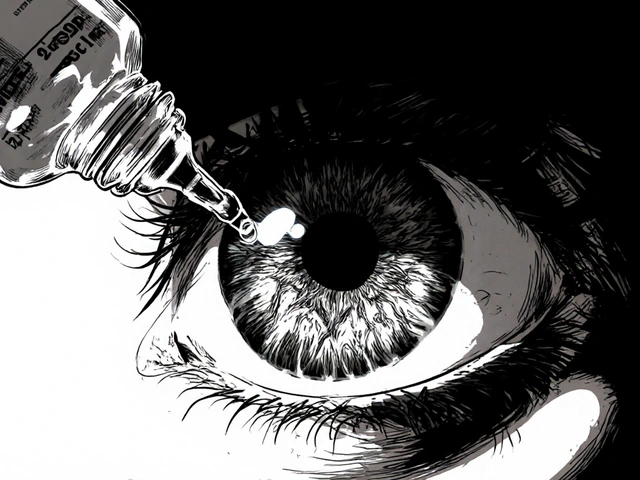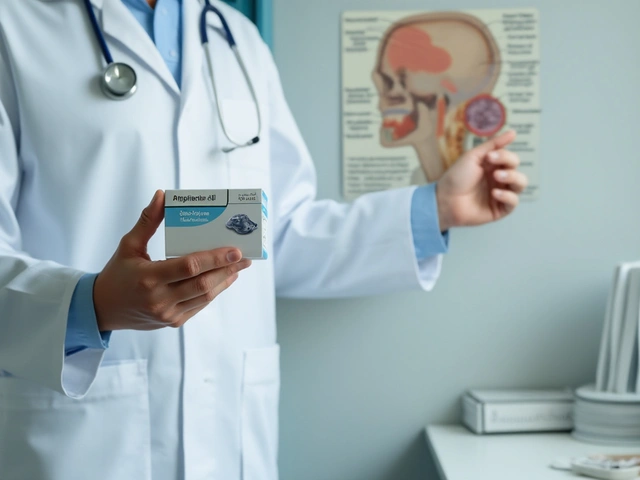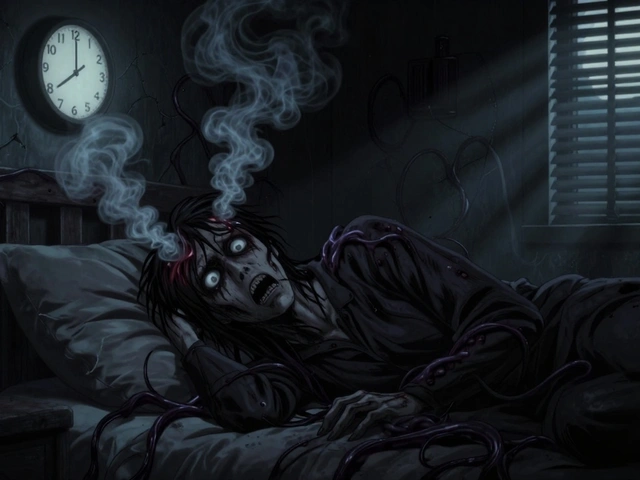Intermittent Claudication – What It Is and How to Manage It
If you feel cramp‑like pain in your calves or thighs when you walk and it eases up after you stop, you might be dealing with intermittent claudication. It’s a fancy term for a common problem where your leg muscles don’t get enough blood during activity. The condition is usually a sign of narrowed arteries, known as peripheral artery disease (PAD), and it can sneak up on you if you ignore the warning signs.
Why You Get Leg Pain While Walking
The muscles in your legs need oxygen to keep moving. When the arteries that supply blood get clogged with plaque, the flow drops, especially during exercise. That shortage triggers the ache or tightness you feel after just a few minutes of walking. The pain stops once you rest because the heart isn’t demanding as much blood, giving the arteries a chance to catch up.
Typical spots for this discomfort are the calves, shins, or hips. Some people describe it as a burning or heaviness that forces them to slow down or even stop. If the pain starts at rest or wakes you up at night, that could be a more serious sign and you should get checked right away.
Best Ways to Relieve the Pain
First off, quitting smoking can make a huge difference. Smoking speeds up plaque build‑up, so dropping it helps keep your arteries clearer. Next, get moving. A structured walking program—start with short distances and add a minute each day—helps your muscles learn to use oxygen more efficiently. Think of it as supervised cardio that teaches your body to cope.
Healthy eating matters too. Cutting back on saturated fats, sugary drinks, and processed foods can lower cholesterol and blood pressure, both of which protect your arteries. Adding fruits, veggies, whole grains, and lean proteins gives your body the tools to repair vessel walls.
When lifestyle tweaks aren’t enough, medicines can step in. Doctors often prescribe antiplatelet drugs like aspirin or clopidogrel to keep clots from forming. Cholesterol‑lowering meds such as statins help shrink plaque over time. If pain persists, a specialist might suggest a procedure to widen the artery—angioplasty or a bypass surgery.
At J&J Pharmaceuticals we keep a detailed library of the latest drugs, dosages, and safety tips for PAD and its treatments. Our articles break down what each medication does, possible side effects, and how to talk to your doctor about the right plan for you.
Bottom line: intermittent claudication is a signal that your leg arteries need attention. By quitting smoking, staying active, eating smarter, and following your doctor’s medication advice, you can usually keep the pain under control and protect your legs for the long run.

Intermittent Claudication Management: Practical Tips to Reduce Leg Pain
Learn what intermittent claudication is, why it happens, and how to control symptoms with exercise, medicine, lifestyle tweaks and when to see a specialist.




